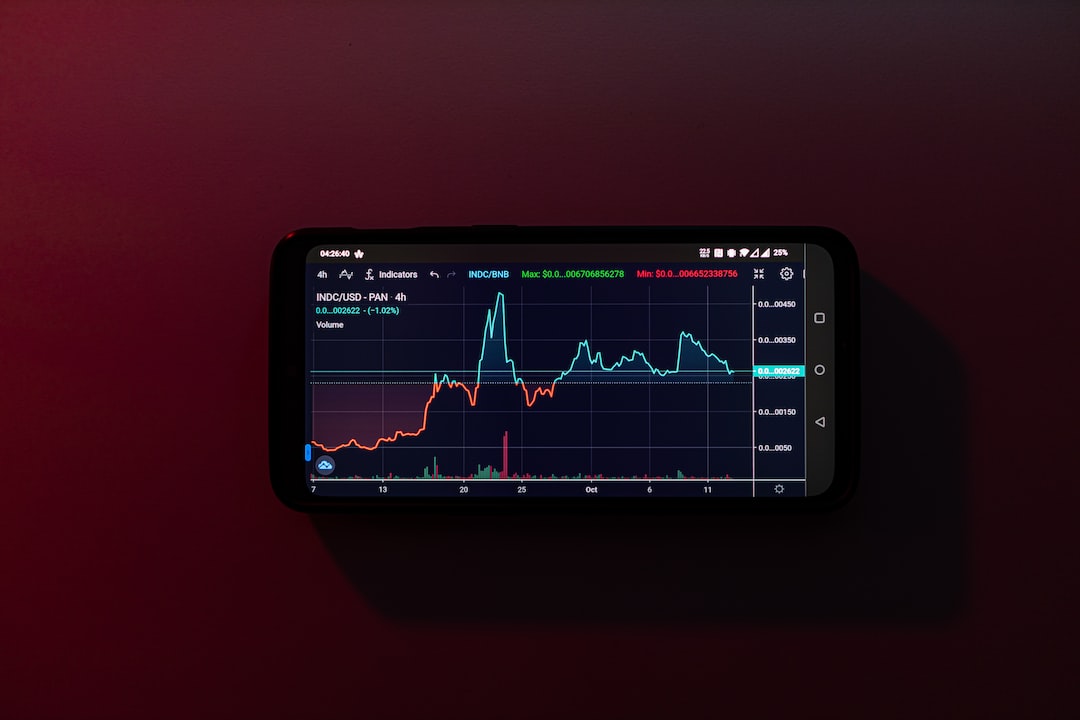Is Bitcoin Mining at Risk of Being Taken Over by Big Institutions?
Bloomberg crypto market analyst Jamie Coutts suggests that Bitcoin (BTC) may face the risk of being dominated by major players in the traditional financial system. Coutts shares data on social media indicating that BlackRock, the world’s largest asset manager, began gaining exposure to Bitcoin in 2020 through shares of mining company Marathon Digital. He suggests that BlackRock’s move may have been a precursor to its recent application for a Bitcoin exchange-traded fund (ETF).
Coutts highlights that the largest asset managers globally have become dominant investors in the three largest publicly traded Bitcoin miners, controlling around 8.9% of all hash power. However, this institutionalization of Bitcoin mining could pose challenges as larger players may not share the same network goals and interests as smaller entities.
Coutts emphasizes that while a “51% attack,” where actors control most of the hash rate, is unlikely, there is a potential risk of creeping influence that may conflict with the network’s values. This conflict could involve misaligned ESG objectives or potential censorship of transactions. Nonetheless, the chain would still operate, with other miners processing censored transactions and collecting the associated fees. The analyst raises concerns about the intentions of big asset managers towards Bitcoin miners, questioning if their approach will be passive or more activist in nature.
Hot Take: Potential Challenges for Bitcoin Mining
The increasing involvement of major financial institutions in Bitcoin mining raises questions about the potential impact on the network. While it may bring additional investment and legitimacy to the industry, there are concerns about conflicting interests and values. The dominance of large asset managers in the mining ecosystem could lead to censorship of transactions or misaligned ESG objectives. However, it remains uncertain whether these institutions will take a passive approach or actively influence the network’s operations. As Bitcoin continues to evolve, maintaining a decentralized and inclusive ecosystem will be crucial to its long-term success.





 By
By
 By
By
 By
By


 By
By